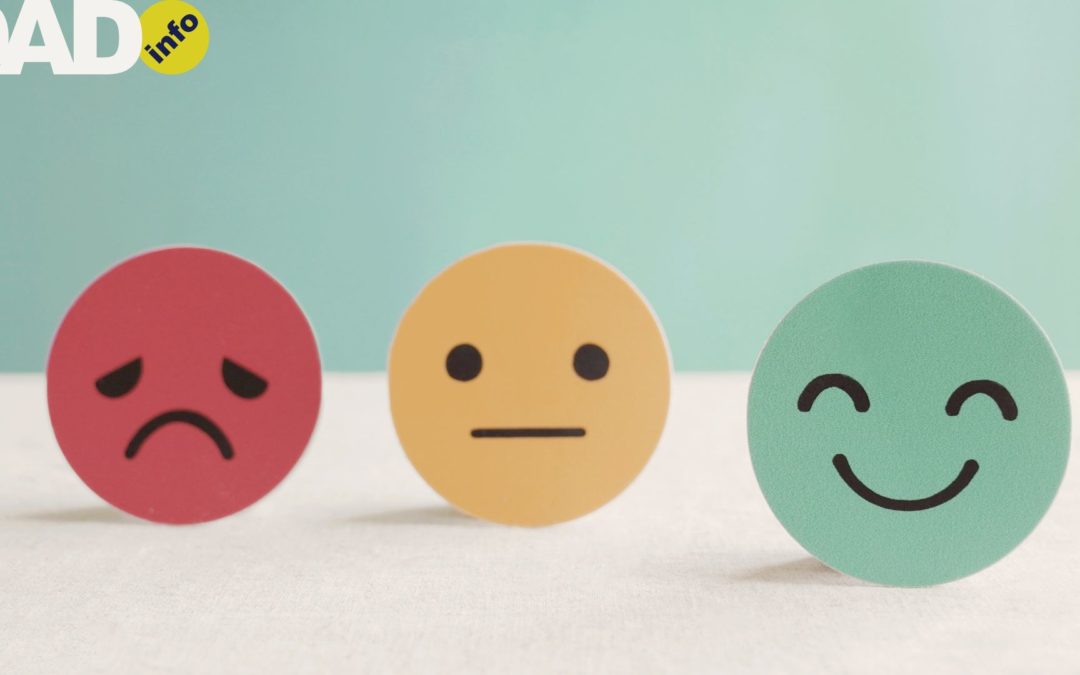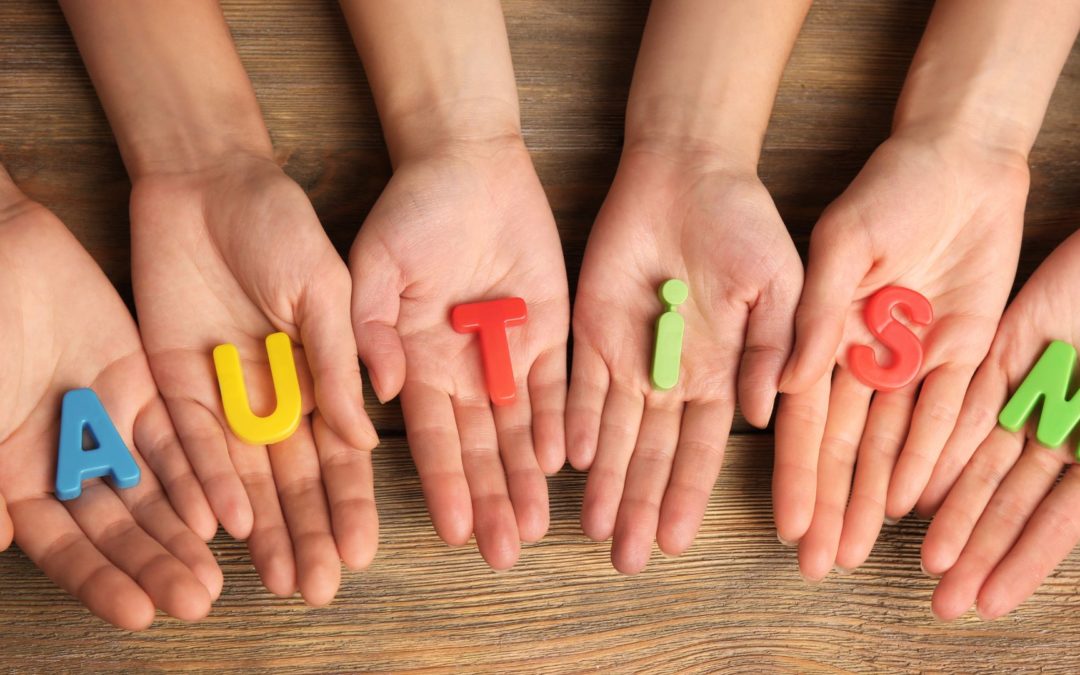
This week is Alcohol Awareness Week- a campaign aimed at promoting a healthy relationship with drink. The week-long event will see thousands of people laying off alcohol for 7 days.
Sometimes it can be tricky to tell if your relationship with drink has gone from casual to dependent. Unfortunately, many people fall into the habit of drinking to relieve stress rather than for enjoyment- it’s easily done and unintentional.
How much do you drink?
The official guidance says that adults should not regularly drink more than 14 units a week. To put that in perspective, a pint is 2 units, and a small glass of wine is 1.5. It’s important to be aware of units, so that you don’t overdo your intake.
When you consider that only 7 pints in a week takes you to the limit, it becomes clear how easy it is to over-indulge.
What are the warning signs?
When we consume alcohol on a regular basis, our brains become tolerant to the chemical changes which can lead to dependency and in some cases, crippling alcohol addiction.
There are a few warning signs to look out for if you are concerned that you may be becoming addicted to alcohol:
- Planning social events to enable yourself to drink
- A compulsive need to drink and struggling to stop once you start
- You are thinking about your next drink as soon as you wake up
- You are experiencing withdrawal symptoms when you take a break from drinking; sweating, shaking and feeling nausea – all which stop when you have a drink.
If you are experiencing withdrawal symptoms from alcohol dependence, which can be both physical (tremors, sweating and nausea) or mental (depression, anxiety or irritability), it’s important you speak to your GP as soon as possible.
What are the symptoms of alcohol abuse?
If you are misusing alcohol, you may find you experience some of the following symptoms:
- Blackouts and memory loss
- Irritability and mood swings
- Making excuses for drinking, e.g to relax
- Drinking in secrecy
- Feeling hungover when not drinking
- Becoming distant from family members or friends
No matter how minor your symptoms may seem, they shouldn’t be ignored and you should contact your GP.
Is drinking impacting your health?
In addition to the warning signs for addiction, there are also side-effects to consider if you are concerned that alcohol may be impacting your mental health:
- Poor sleep after drinking
- Constant feelings of tiredness
- Low mood
- Feeling anxious in everyday situations
Some cases can be relatively mild and you may find that exercising and relaxation techniques help. However, if your symptoms are more severe and begin to affect your daily life, there are other options available- contact your GP.









